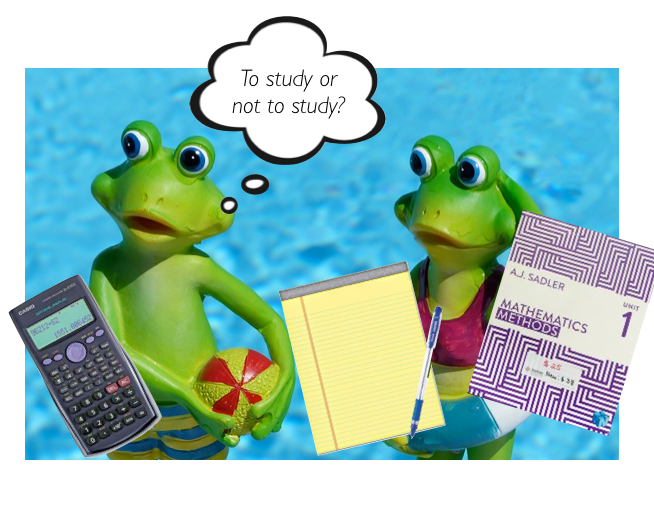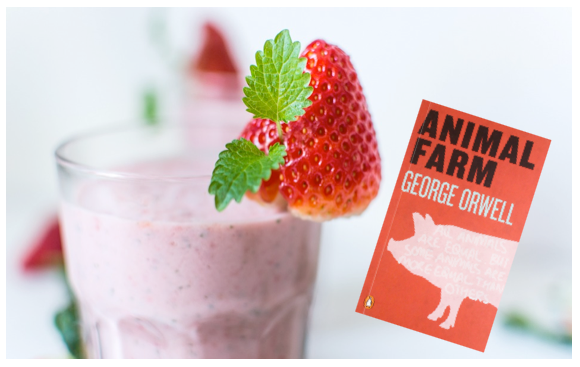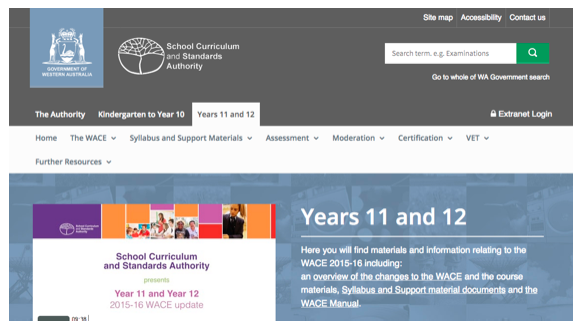
Holidays are the perfect time to recharge and refocus for the New Year. Some students and parents also see holidays as the perfect opportunity to get a head start on the school curriculum and revise for upcoming exams.
But is it a good idea to study over the holidays? And if so, how can it be done to avoid burning out before the school term begins?
Here are my thoughts on the matter…
Studying over the holiday break has some advantages. If you study effectively, you can get your head around the curriculum. When classes begin, you’ll have a better idea of what the teacher is talking about. You won’t feel completely lost in class.
If you have a basic understanding of a few key ideas, it will also be much easier to remember and retain information you learn in class. Why? Because you’ll have hooks to hang the new information on.
But you should only study over the holidays if you’re going to do it effectively. Otherwise you’ll just be wasting your time.
What do I mean by ‘effective study’?
Perhaps the easiest way to explain what ‘effective study’ is to show you an example of what ineffective holiday study looks like.
Here’s how you don’t want to spend your holidays:
You wake up, sit in your chair and open up your brand new textbook, breathing in that brand new textbook smell. Starting at page one, you read for a couple of hours straight because you think this is what you should be doing. You think this is the right thing to do. You don’t take any notes. “Hopefully something will stick”, you say to yourself.
In between forcing yourself to read, you go on Facebook and Instagram. “What’s everyone else doing?” you think. Unlike your sad ‘Poor-me-I-have-to-study’ self, everyone else looks like their having a blast at the beach and movies. You sigh and think, “Better get back to reading that textbook”.
By the end of the day, you feel exhausted and you can’t remember much of what you read in that textbook. Your eyes hurt and you feel tired and confused. All you want to do is curl up in the fetal position and cry.
You get the idea of ineffective holiday study. Please, do not do this to yourself. There is a better, less painful way to get a head start for the new school year over the holidays. It involves setting aside 5 – 10% of the day for study (approximately 1 – 2 hours) and a lot more fun and relaxation than you realise.
Tips for studying effectively over the holidays
1. Only do a little bit each day (snack study)
Remember, it’s your holidays. What’s the point of holidays? To relax and recharge. So don’t overdo the study. You only want to do a little bit each day. I recommend ‘snack study’ where you study in short, sharp bursts (15 – 20 minutes), followed by a break.
2. Do your snack study first thing
One of the advantages of doing your snack study first thing is you get it out of the way. Once it’s done, it’s done. You don’t have to worry about it for the rest of the day. You can go play!
Not only that, you get to feel pretty awesome that you’ve knocked off the toughest thing you had to do first up. This is an excellent practice that will serve you well for the rest of the school year as well as life beyond school.
3. Combine study with something delicious and exciting

Why not combine a bit of science pre-reading with a milkshake at a nice café? Or art history study with a trip to the art gallery?
A good holiday should get you out of your usual routine and expose your mind to new and different ideas and places.
By changing your location and exploring places that are connected in some way to your subject areas, study can feel more like play and less like work.
4. Reframe the way you think about study: You’re playing and having fun with ideas
Language is powerful. The words we use and the way an activity is framed can make a huge difference to our motivation levels.
One study found that re-framing an activity as an opportunity to have fun rather than as work led to increases in self-control and participants feeling more energised. Whereas when the same behavior was framed as work, participants had trouble exerting self-control and struggled to finish the task.
So the question is, how on earth can you have fun with your studies?
Some simple ways include: reading interesting books on the subject (read beyond your school book list); visiting interesting places that relate to your subject (e.g., a museum or art gallery); watching relevant TED talks; listening to podcasts; or attending talks by experts at universities in the subject area.
The key thing is you don’t want your holiday study to feel like hard work. To avoid burning out before school starts, keep it fun.
5. Factor in time for fun every day
You know the saying, “All work and no play makes Jack a dull boy”? There’s a lot of truth to this statement. It’s your holidays. Go get yourself a life. Do some fun things with friends that don’t relate to your studies!
But what you choose to do for fun matters. Research shows that some activities are more relaxing and rejuvenating than others.
For instance, there’s a big difference between sitting in front of a computer for 7-hours straight playing World of Warcraft and going down to the beach for a swim with friends. In terms of rejuvenation, the beach wins hands down!
Start to notice what activities leave you feeling energised and which activities leave you feeling flat and depleted.
6. Work with your unit outline

While it can be fun to freely explore different ideas, you want to be a little strategic with your holiday study.
Get your hands on your unit guides for the year ahead and base your study around these. Wondering where you can find each of your subjects’ unit outlines? You should be able to find these online (e.g., if you live in Western Australia, jump onto the SCSA website to download them).
7. Have at least one day where you don’t pick up a book
Give yourself a mental break at least one day a week. Over the holiday period, you need one or two days a week where you don’t think about school.
Go do fun stuff with your friends. For some students this may feel like you’re wasting precious time, but trust me, you’re not. You need to recharge your mind so it’s fresh to absorb new information. A little distance from a subject can give you a fresh perspective.
To sum up
A little study over the holiday break is a good move. But just as long as you study effectively and don’t overdo it. Think of the school year as being like a marathon, not a fast sprint. You don’t want to run out of steam in the first 200 meters.
You can think of the holidays as your pre-training period for the big marathon. Here is your chance to get the basics in place. To establish the habit of snack study, to get familiar with each course, to develop good eating and sleep patterns, to find some places you enjoy studying, to develop an interest in some aspect of each subject area, etc.
By the time the marathon starts, your mind will be sharp and you’ll find it easier to learn.
